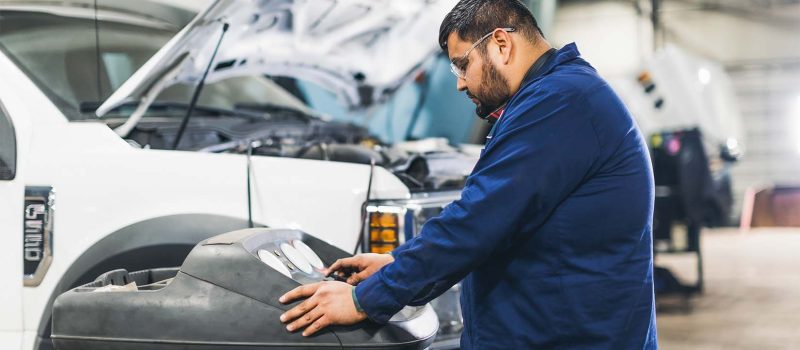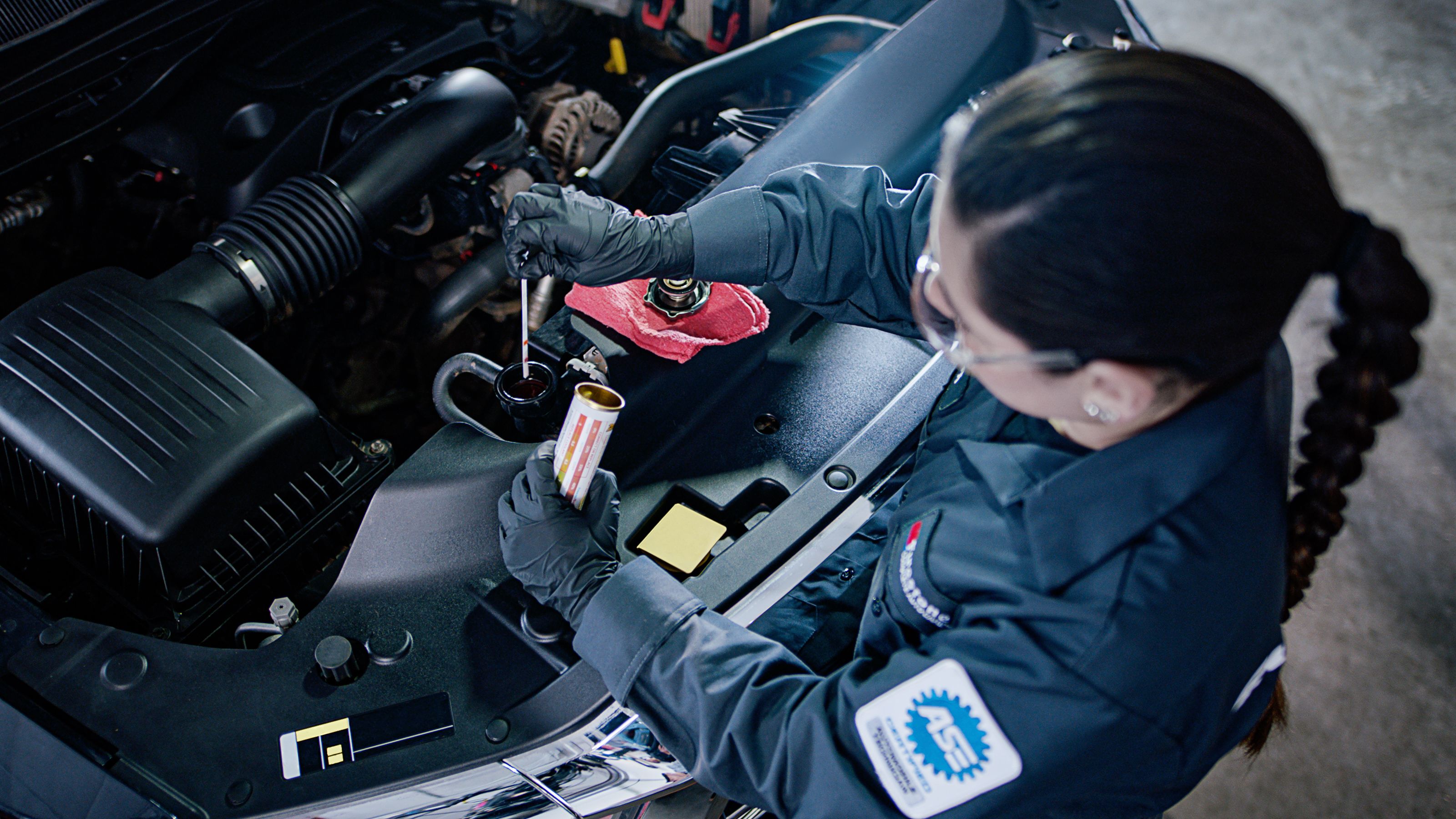When it comes to ensuring the comfort and functionality of buildings, HVAC mechanical systems play a crucial role. These systems are responsible for heating, ventilation, and air conditioning, and are designed to maintain optimal indoor air quality and temperature. From residential homes to commercial buildings, HVAC mechanical systems are essential for creating a comfortable environment for occupants.
Understanding the fundamentals of HVAC mechanical systems is important for anyone involved in the construction or maintenance of buildings. In this article, we will explore the basics of HVAC mechanical systems, including how they work, common components, and best practices for installation and maintenance. Whether you are a building owner, facilities manager, or HVAC technician, having a good grasp of HVAC mechanical systems is key to ensuring efficient operation and maximizing occupant comfort.
The Basics of HVAC Mechanical Systems
HVAC mechanical systems are designed to regulate indoor air quality and temperature by heating, ventilating, and cooling spaces. These systems consist of various components such as furnaces, air conditioning units, ductwork, thermostats, and more. Proper installation and regular maintenance of these components are essential to ensure the efficient operation of HVAC systems. For building owners and facilities managers looking to maximize comfort and energy efficiency, partnering with a reputable HVAC service provider like Warren Mechanical can offer expert solutions tailored to their specific needs. By understanding the fundamentals of HVAC mechanical systems and working with experienced professionals, buildings can achieve optimal performance and occupant satisfaction.
In conclusion, HVAC mechanical systems are an integral part of maintaining a comfortable indoor environment in both residential and commercial buildings. By understanding the basics of these systems and partnering with experienced HVAC service providers, building owners and facilities managers can ensure efficient operation and maximum occupant comfort. Regular maintenance and proper installation of components are crucial in optimizing the performance of HVAC systems. With a focus on indoor air quality, temperature regulation, and energy efficiency, HVAC mechanical systems play a vital role in creating a pleasant and productive space for occupants. Overall, having a good grasp of HVAC mechanical systems is essential for anyone involved in the construction or maintenance of buildings to guarantee success in achieving optimal performance and occupant satisfaction.


